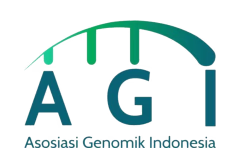The Future Of Precision Medicine Through Clinico-Genomic Database
We are on a mission to gather a community of 250,000 individuals. Together, we will innovate and pioneer approaches in disease prevention, treatment, and optimization. Join us in this journey to research the potential of personalized treatment towards longevity across Asia.

Our Networks
As one of the largest integrated healthcare network in Indonesia, we connect hospitals, clinics, diagnostics and health tech partners, pharmacies, research institutions, and the government access within our comprehensive ecosystem. We firmly believe that the path to longevity starts by understanding the disease, followed by the development of personalized treatments and enhancement of human resilience.
Driven by a mission to extend health span, OneAsa is more than an innovation; we are pushing the boundaries of what's possible in the pursuit of longevity and well-being.
Our Partners













Our Disease Areas of Interest
Scientific Project












